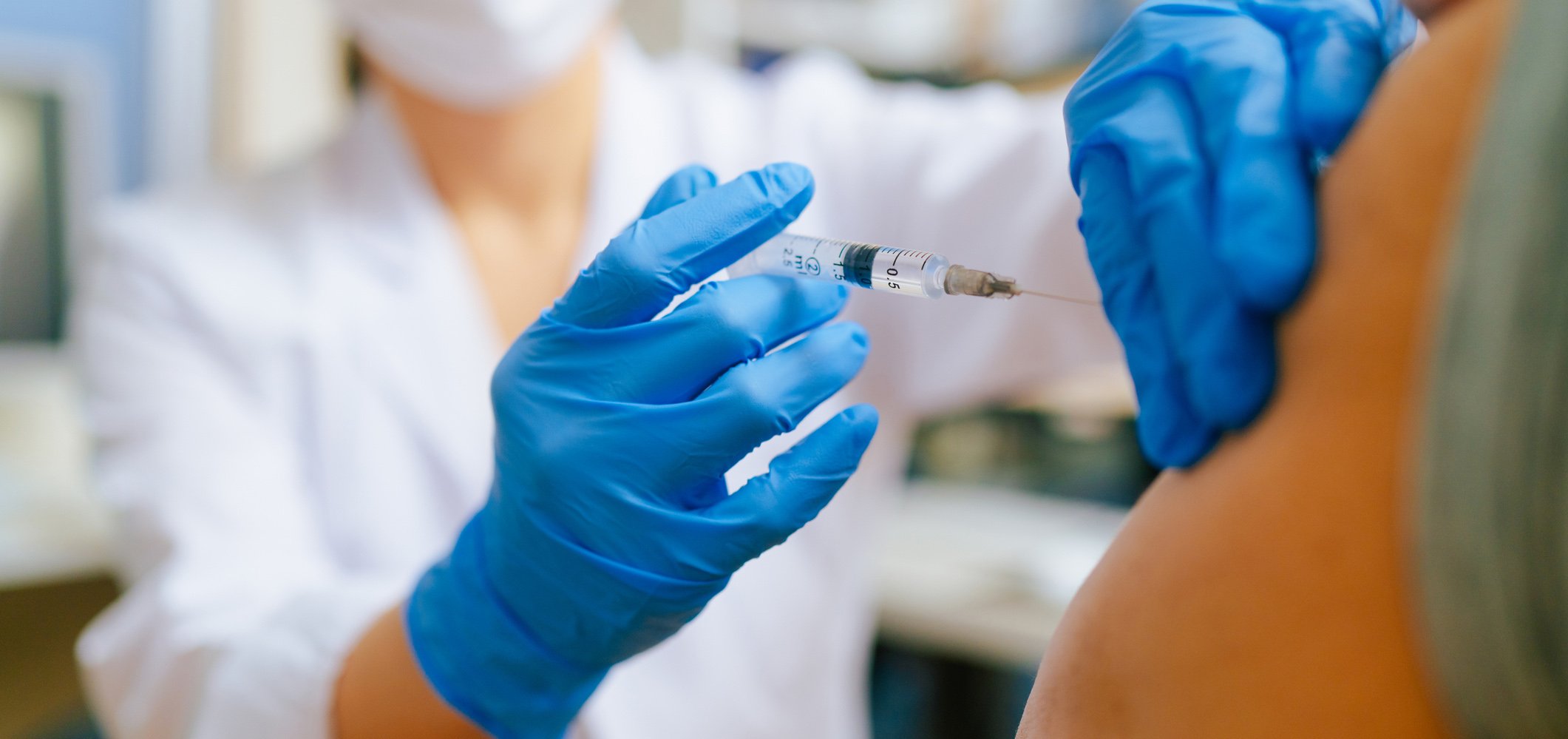Numerous studies show that glucagon-like peptide-1 receptor agonists (GLP1-RA) can significantly reduce the risk of diabetes-related complications and also reduce mortality. Despite their proven efficacy in trial designs, patient response to GLP1-RA therapy in the real world remains highly variable, particularly in terms of glycemic control and weight loss. The reasons for these variations and their relationship to specific patient characteristics are still unclear in clinical practice.
Autoren
- Jens Dehn
Publikation
- InFo DIABETOLOGIE & ENDOKRINOLOGIE
Related Topics
You May Also Like
- Subsyndromal anxiety disorders: Family doctor as first point of contact
Practical recommendations for diagnostics and therapy
- Patient-centered rounds in medicine
Aligning care with the patient
- Restless legs syndrome in children
Relationship between restless legs syndrome and growing pains
- Between hope and evidence gaps
Tinnitus and phytotherapy
- Case Report
17-year-old patient with acne fulminans
- Oncology
Study updates from the ESMO Congress
- High-dose influenza vaccine
Lower hospitalization rates – even with heart failure
- From statins to metformin











